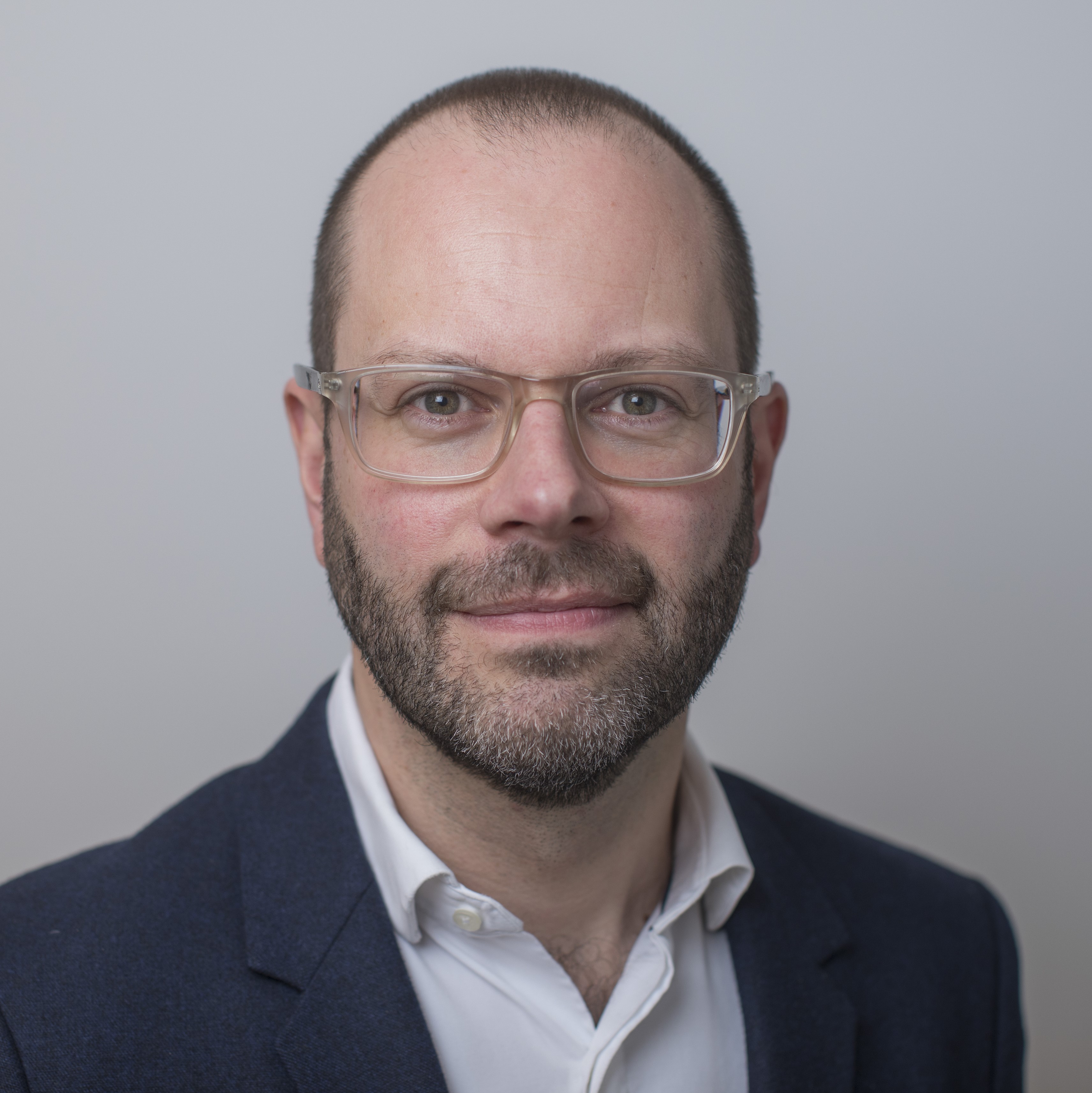The first round of Brazil’s much anticipated general election culminated in a race to the final by Jair Bolsonaro and Fernando Haddad. The two remaining candidates sit poles apart: Bolsonaro represents the far-right as a member of the PSL (Social Liberal Party), and Haddad a member of the leftist PT party, otherwise known as the Workers’ Party.
Bolsonaro heads into the late October second round, with a share of the vote that defied expectations, having secured 46 per cent, versus Haddad’s 29.3 per cent. His party also secured 52 seats in the lower house, making it the second biggest party and placing it in a strong position to govern Brazil. With the second round of voting scheduled for 28 October now follows an intense period of campaigning.
Whilst many commentators focus on the individual traits of these candidates, with Bolsonaro’s reputation the subject of many headlines; for investors, this election could lead to a marked change in the political landscape and economic fortunes of Brazil. Since the last election in 2014, Brazil’s government debt to GDP has risen to approximately 75 per cent. In years gone past, the Brazilian government overlooked the importance of budgetary discipline, which was particularly easy during the commodity super cycle.
Bolsonaro’s economic policies lack detail, but cite a commitment to the reduction of the size of the state and tax burden through privatisation and lower expenditure; reform of a burdensome social security system and greater reliance on capital markets for investments, with a reduced role for state-owned banks. These pledges are at odds with Haddad, who does not perceive social security reforms or the need to cap spending as a priority for the beleaguered economy.
From here, Bolsonaro’s victory appears inevitable. Heading into yesterday’s vote, his lead in the polls lent support to Brazil’s equity market and underpinned a stronger Brazilian real in very recent weeks. Following months of election related volatility, we may witness further strength in the wake of yesterday’s result and, looking ahead, an environment where investors focus more on fundamentals.





































